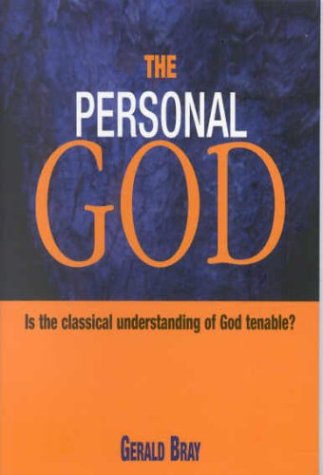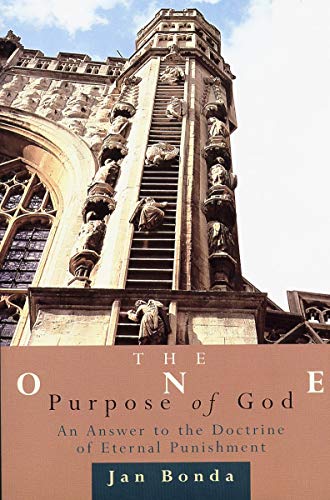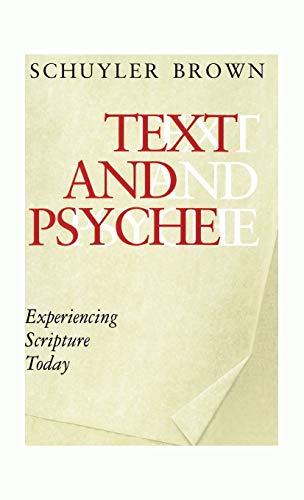A Shattered Visage: the Challenge of Atheism
Written by Ravi Zacharias Reviewed By Stephen N. WilliamsThe author, who has a widespread speaking ministry, has addressed the challenge of atheism’ in a book of two parts. The first deals with ‘Man—The Measure of All Things’, the second with ‘God—The Treasure of Life’s Pursuits’. Pride of place in the introductory discussion of ‘morticians of the absolute’ is given to Friedrich Nietzsche, the grey eminence who is present in the book, a seminal figure who saw that the worthy alternative to God is the self-appointed Superman. Zacharias then takes the questions of (a cause for) the universe, morality, meaninglessness and death and seeks to show how God is the best explanation for the world; that ‘the morality that atheism teaches, implies or espouses is unliveable’ (67) and has led to violence; that a world without God is meaningless and that inability to cope with the fact of death is the death-knell of atheism. Pithily, this is an attempt ‘to argue that to find their way; atheists must make sense out of a random first cause, denounce as immoral all moral denunciation, express meaningfully all meaninglessness. and find security in hopelessness’ (112); or ‘the naturalist has no intelligent cause to look to, no moral law to point to, no essential meaning to cling to, and finally, no hope to look forward to for his destiny’. (157) The path from atheism to Christ in its positive contour is sketched out in fewer than fifty pages, responding to all the points above, and the book concludes with two appendices; touching on truth and reality and then on a Christian worldview.
One must welcome the serious, conscientious and eminently readable account Ravi Zacharias offers at a level that will be accessible to most concerned to think seriously about these issues without being subjected to an academic treatment. Of course, many as seriously committed to meeting the challenge of atheism as is the author will challenge the author’s apologetic approach which begs questions well aired in discussions of apologetic method and philosophy. Without entering into those here, one may nevertheless make two critical remarks about this presentation of the theistic and Christian case. The first is that we need to take seriously points made by Bonhoeffer over half a century ago about the ‘world come of age’ and the fact that we should not presume on our ability to show that life is meaningless and death is fearful for all the religionless people whom we encounter. The second is that the author needs to justify and not just to assert the claim that ‘without a doubt, the intellectual community must bear the brunt of the blame’ for ‘our present moral confusion’ (54). Certainly, the intellectual community must certainly heed carefully the judgements of one like Zacharias who is concerned with the practice, not just the theory, of apologetics and the people, not just the, positions, that deal with death and meaninglessness. Yet the ingredients of atheism are surely more complex than the author implies in this work, grateful as we are for it.
Stephen N. Williams
Stephen Williams is professor of systematic theology at Union Theological College in Belfast, Northern Ireland, and served as general editor of Themelios from 1995 to 1999.







